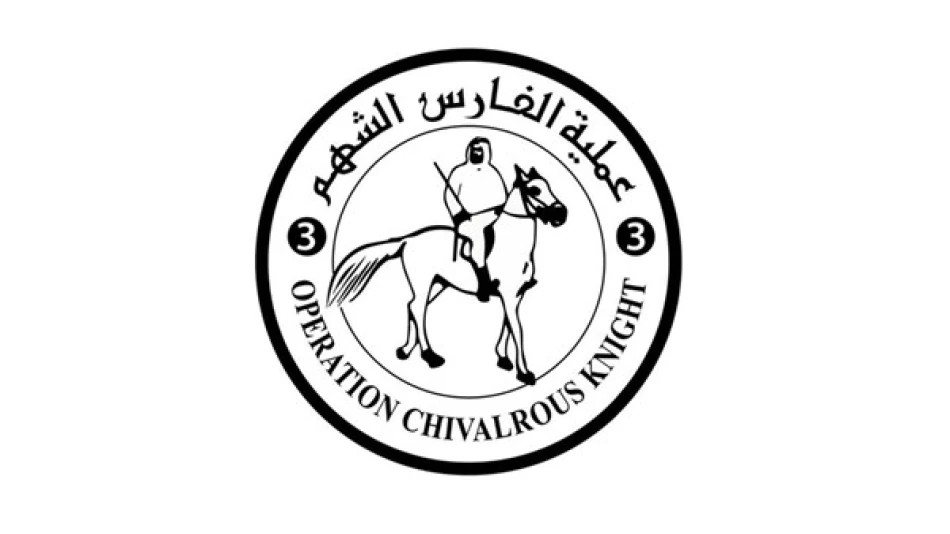
Humanitarian Ship Reaches Arish Port to Support Palestinian People under 'Al-Faris Al-Shahm 3' Initiative
UAE Delivers 20th Aid Ship to Gaza as $1.8 Billion Humanitarian Campaign Reaches New Milestone
The United Arab Emirates has solidified its position as one of the most significant humanitarian contributors to Gaza, with the arrival of its 20th aid ship carrying 7,000 tons of emergency supplies to Egypt's Al-Arish port. The milestone delivery brings the UAE's total humanitarian assistance under "Operation Chivalrous Knight 3" to approximately 90,000 tons of aid valued at $1.8 billion, demonstrating the Gulf nation's sustained commitment to Palestinian relief efforts.
Strategic Humanitarian Deployment
The Hamdan humanitarian vessel, dispatched under the direction of Sheikh Hamdan bin Zayed Al Nahyan, Chairman of the UAE Red Crescent Authority, departed from Khalifa Port on August 30th with a carefully curated cargo designed to address Gaza's most pressing needs. The shipment includes 5,000 tons of food parcels, 1,900 tons of supplies for community kitchens, 100 tons of medical tents, and five fully equipped ambulances.
This systematic approach to aid delivery reflects the UAE's evolution from ad-hoc charitable giving to sophisticated humanitarian logistics. The choice to route aid through Egypt's Al-Arish port—a established corridor for Gaza assistance—demonstrates practical diplomacy that navigates complex regional politics while ensuring aid reaches its intended recipients.
Regional Leadership in Crisis Response
The UAE's $1.8 billion commitment places it among the top humanitarian donors globally for Palestinian assistance, rivaling traditional aid powerhouses like the United States and European Union. This scale of giving represents approximately 1.5% of the UAE's annual GDP, a significant proportion that underscores the strategic importance Dubai and Abu Dhabi place on regional stability.
Comparative Context
While Saudi Arabia and Qatar have also provided substantial Palestinian aid, the UAE's systematic "Operation Chivalrous Knight 3" stands out for its sustained maritime logistics operation. Unlike one-time pledges common in regional diplomacy, the UAE has maintained a consistent shipping schedule that provides predictable relief flows—a critical factor for humanitarian organizations operating in crisis zones.
Economic and Diplomatic Implications
The humanitarian campaign serves multiple strategic objectives beyond immediate relief. For the UAE, which has invested heavily in normalizing relations across the Middle East, substantial Palestinian aid helps balance its diplomatic portfolio while maintaining credibility with Arab populations who view Palestinian welfare as a regional responsibility.
The operation also showcases the UAE's logistical capabilities and soft power projection. By demonstrating the ability to organize, finance, and execute complex humanitarian operations, the Emirates reinforces its position as a regional hub capable of responding to crises—an attractive quality for international businesses and investors seeking stable regional partners.
Sustainable Aid Architecture
The structured nature of "Operation Chivalrous Knight 3" suggests the UAE is building long-term humanitarian infrastructure rather than responding to immediate headlines. The inclusion of medical tents and ambulances indicates planning for extended crisis management, while support for community kitchens addresses sustainable food distribution rather than short-term relief.
This approach mirrors successful humanitarian models used in other protracted crises, where consistent, predictable aid flows prove more effective than sporadic large donations. The UAE's maritime corridor through Egypt also creates a replicable template that other Gulf states could adopt, potentially establishing the Emirates as a coordinator for broader regional humanitarian efforts.
As the 20th ship reaches port, the UAE's billion-dollar commitment represents more than charity—it's a calculated investment in regional influence, diplomatic credibility, and humanitarian leadership that positions the Emirates as an indispensable player in Middle Eastern crisis response.
Most Viewed News

 Layla Al Mansoori
Layla Al Mansoori






